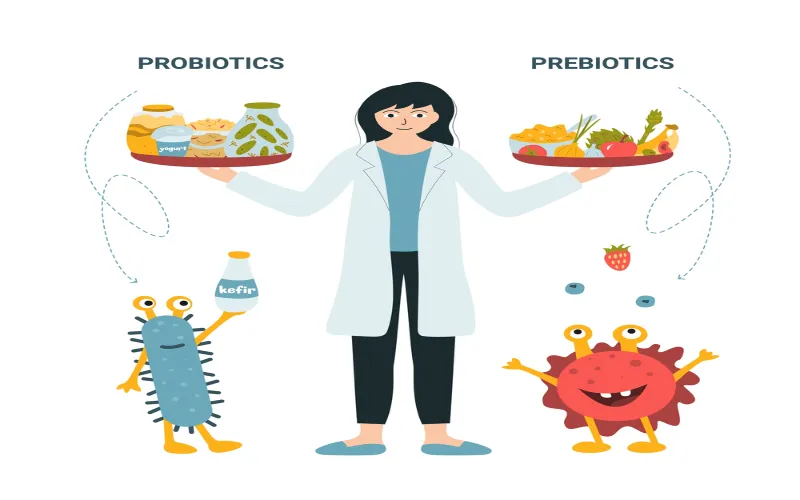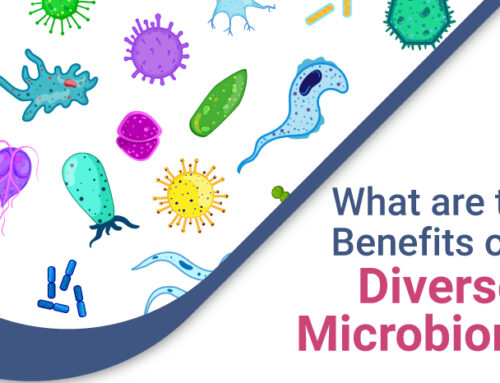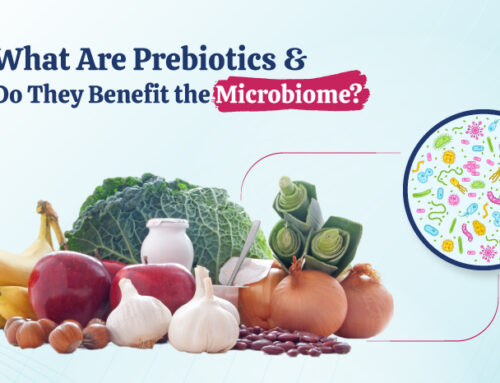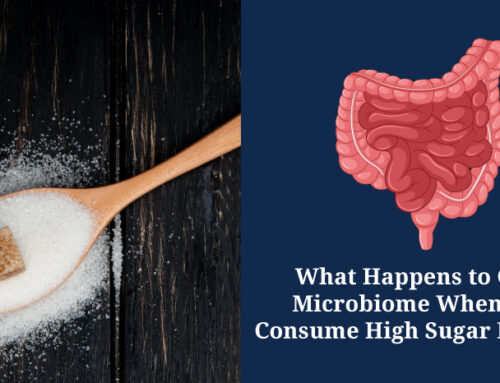The world of gut health is an ever-evolving field of study underpinned by the complexities of the human microbiome. At the heart of this dynamic arena lie two pivotal players: probiotics and prebiotics. Each boasts many benefits, especially concerning the balance of good and bad bacteria within our bodies.
The Gut: Our Second Brain
Frequently referred to as the body’s “second brain,” the gut is paramount in our overall health. This intricate system doesn’t merely handle digestion but directly impacts our immune function, determining how effectively we ward off ailments. Furthermore, it’s been established that our gut health influences our mood, with imbalances potentially leading to symptoms resembling depression or anxiety.
Probiotics
Probiotics, essentially, are live bacteria that confer health benefits to the host – in this case, humans. These beneficial microorganisms can be obtained from natural food sources, such as yogurt and sauerkraut, or dietary supplements. When consumed adequately, probiotics help maintain a healthy balance of gut bacteria, improve digestion, and even bolster our immune system. The symbiotic relationship they share with the human body is truly intriguing.
Prebiotics
Contrary to probiotics, prebiotics are not live microorganisms. Instead, they are a type of fiber that feeds the good bacteria in the gut, acting as their primary fuel source. Foods rich in prebiotics include oats, artichokes, and bananas. By paving the way for a thriving gut environment, prebiotics ensure that probiotics can effectively perform their function, leading to a more balanced gut microbiome.
The Symbiotic Relationship
It’s a harmonious dance between prebiotics and probiotics. While probiotics introduce beneficial bacteria, prebiotics nourish and sustain them. Without the nurturing environment provided by prebiotics, probiotics may find it challenging to establish their presence and improve gut health.
Probiotic Strains and Prebiotic Types
When choosing supplements or foods, understanding the strains of probiotics and types of prebiotics is crucial. Different themes, like Lactobacillus or Bifidobacterium, offer unique health benefits, from improved digestion to boosted immunity. Conversely, prebiotics come in various forms, such as inulin or FOS, predominantly in foods like garlic or onions.
Incorporating Probiotics in Your Diet
Incorporating probiotics into your daily regimen doesn’t have to be complicated. Foods like yogurt, kefir, and kimchi teem with these beneficial bacteria. For those seeking a more concentrated dose, supplements are available, but it’s essential to choose those that provide a variety of strains to maximize benefits.
Boosting Intake of Prebiotics
Emphasizing foods high in insulin, FOS, and other prebiotic fibers will ensure your gut bacteria have plenty to feast on. Daily meals can be enriched with additions like beans, whole grains, and vegetables, fostering a robust gut environment.
Potential Side Effects and Considerations
Despite their numerous benefits, one must approach probiotics with prudence. Overconsumption might lead to symptoms like bloating or diarrhea. It’s imperative to strike a balance, ensuring you support your gut health without inadvertently overwhelming it.
Special Populations: Who Needs More?
Certain demographics may require an increased probiotic intake. For instance, these beneficial bacteria can help restore gut balance during antibiotic treatment. Pregnant women, seniors, and those with specific health conditions might also benefit from tailored probiotic regimens.
Clinical Studies and What They Say
Contemporary research consistently underscores the importance of a balanced gut. Several studies praise the health benefits of probiotics, from alleviating allergies to promoting optimal immune function.

Concurrently, the role of prebiotics in nurturing this balance has garnered significant attention in scientific circles.
Beyond Digestion: Unexpected Benefits
The advantages of a balanced gut extend beyond digestion.
For instance,
- Probiotics have shown promise in improving skin health.
- Certain prebiotics, when consumed, might aid in achieving restful sleep.
Myths and Misunderstandings
Amidst the plethora of information, misconceptions abound. No, consuming yogurt daily won’t ‘cure’ all gut issues, and not all prebiotics come from exotic, hard-to-find sources. Addressing these myths ensures an informed approach to gut health.
The Future: Postbiotics and Synbiotics
The world of gut health is ever-expanding. We now delve into postbiotics, the byproducts of probiotic activity, and synbiotics, a synergistic combination of pre-and probiotics. Both offer intriguing possibilities for enhancing our gut health further.
Conclusion
In the intricate dance of gut health, probiotics and prebiotics play starring roles. Embracing a holistic approach encompassing a balanced diet fortified with these beneficial elements will set the stage for improved health and well-being.
Can I take prebiotics and probiotics together?
Combining them can enhance their effectiveness, as prebiotics feed the probiotics, promoting better gut health.
How do fermented foods relate to probiotics?
Fermented foods often contain natural probiotics. Examples include kimchi, kombucha, and miso.
Are there vegan sources of probiotics?
Absolutely! Foods like sauerkraut, tempeh, and certain fermented plant-based yogurts are great vegan sources.




